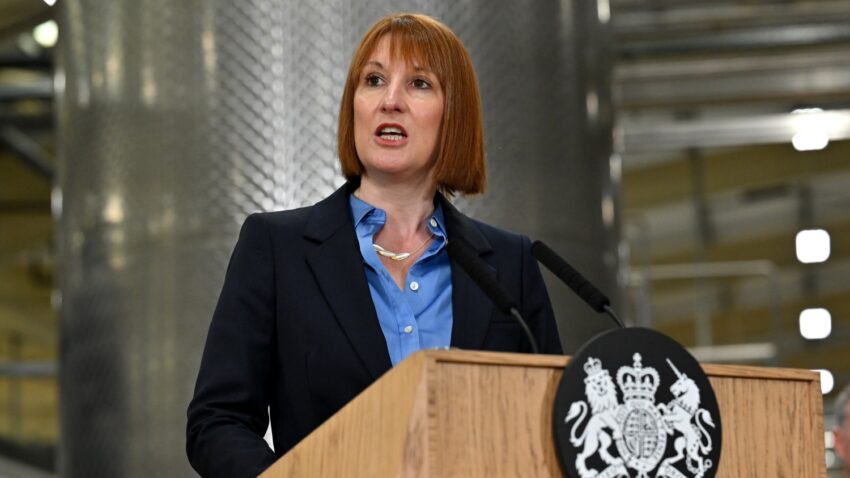A newly formed lobby group is cautioning the government about the ramifications of the proposed non-dom tax hike. Their plea highlights the potential exit of wealthy residents.
The group warns that the changes could inadvertently decrease tax revenues instead of bolstering them.
The Proposed Non-Dom Tax Reforms
The organisation Foreign Investors for Britain is set to convene with government officials to discuss proposed alterations to the non-dom tax system. Currently, individuals with non-domicile status pay taxes only on their UK income, leaving their overseas earnings exempt. The proposed changes by Rachel Reeves aim to impose additional taxes, including possibly levying inheritance tax on foreign assets of non-doms.
Such modifications have sparked significant concerns about an exodus of wealthy individuals from the UK. The group argues this could result in a decrease in overall tax revenues, counteracting the policy’s intended purpose of increasing funds for the Treasury.
Economic Contributions of Non-Domiciled Residents
In the fiscal year 2022-23, non-domiciled residents contributed an estimated £8.9 billion to UK tax revenues. These individuals form a crucial part of the nation’s economic fabric, with their investments and expenditures supporting various sectors.
Stakeholders warn that the proposed tax reforms might deter wealthy individuals from residing in the UK, thus removing significant financial contributions. This potential exodus could have wide-reaching implications, affecting not only tax revenue but also business investments and economic stability.
Alternative Proposals for Tax System Reform
Foreign Investors for Britain has proposed an alternative to Reeves’s plan, suggesting a tiered tax model. This model would impose a fixed annual sum based on wealth, ranging from £200,000 to £2 million, extending over a period of fifteen years.
This tiered approach is designed to retain affluent residents while contributing to the UK’s fiscal needs. The group believes a more balanced system will ensure fairness without discouraging investment and residency. This proposal has been presented to Treasury officials for consideration.
Government’s Stance and Defence of New Policies
Despite concerns, government representatives insist the non-dom tax reform is necessary to address systemic inequities. A Treasury spokesperson mentioned the intent to replace the outdated regime with a new, residence-based approach.
The new regime focuses on attracting top talent and investment, aiming to balance fairness with revenue needs.
The government remains firm in its position, asserting that these changes will bolster public service funding.
Broader Implications for Reeves’s Budget
The debate over non-dom tax reforms is part of a broader series of fiscal policies introduced by Rachel Reeves. As the government seeks to stabilise the economy, significant tax reforms are underway.
Reeves’s budget proposals are aimed at rebuilding financial stability post-pandemic, ensuring a robust framework for future growth. Ensuring adequate revenue while attracting global talent is a delicate balance the government must manage.
Reactions from Economic Commentators
The proposed non-dom tax changes have elicited diverse responses from economic analysts. Many express optimism that these changes could enhance fairness within the tax system.
However, critics point to potential drawbacks, such as the risk of deterring high-net-worth individuals. The concern remains that losing such residents could outweigh the benefits of the reforms.
Ultimately, the outcome of these reforms and their acceptance will depend on careful implementation and monitoring.
Key Considerations and Future Outlook
As discussions progress, the government and stakeholders must weigh the potential economic impacts. Ensuring that the UK remains attractive to non-doms is crucial for sustaining tax revenues and investments.
Dialogue between lobby groups and officials will be essential to reach a consensus that supports both economic stability and equitable taxation.
The outcome of the non-dom tax reform debate will significantly influence the UK’s economic landscape. Thus, achieving a balanced policy remains paramount.

